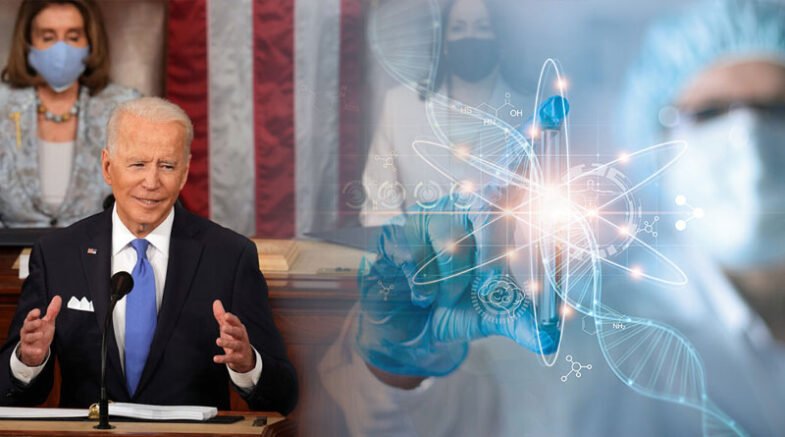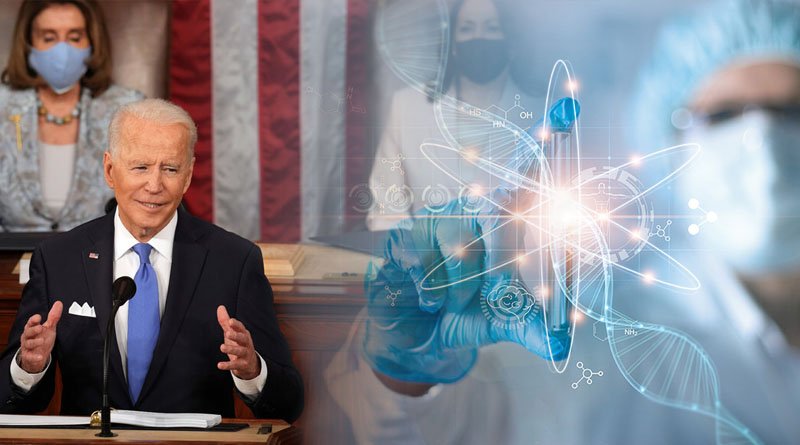President Joe Biden outlined the US government’s broad funding priorities on March 9 as he prepared for a possible reelection campaign the following year.

President Joe Biden outlined the US government’s broad funding priorities on March 9 as he prepared for a possible reelection campaign the following year. His proposed budget for 2024 would allocate new research funds to a number of initiatives aimed at achieving objectives in areas like clean energy, domestic manufacturing, and scientific innovation, among others.
Despite the lack of specific funding for many federal science agencies in Biden’s budget, some definite winners stood out. In particular, the US National Science Foundation (NSF) would see its budget rise by almost 19%, while the US Department of Energy‘s Office of Science—a significant financier of the physical sciences—would see its budget rise by almost 9%.
The House of Representatives, which is controlled by Republicans, and the Senate, which is controlled by Democrats, will decide how much money will be allocated to federal agencies during fiscal year 2024, which starts on October 1.
Neal Lane, a former NSF director and senior fellow in science and technology policy at Rice University’s Baker Institute in Houston, Texas, predicts that the budget negotiations will be difficult.
However, he claims that this budget, in particular the request for the NSF, highlights that Democratic Vice President Joe Biden is committed to innovation in science and technology with a view to competing with China and other Asian countries.
A looming fiscal crisis that the US will experience in the coming months will only heighten the tension. If Congress wants to keep the nation from defaulting on its debt, it must raise or suspend a self-imposed cap on it.
The Republicans, however, have threatened to thwart any attempt to raise the debt ceiling unless it is coupled with sizable spending reductions.
Joanne Carney, chief government relations officer for the American Association for the Advancement of Science in Washington, DC, predicts a fight over funds cut that will affect both research and development and the entire budget.
She claims it will be up to the US scientific community to argue for continued investments in R&D and innovation, citing recent advances in everything from fusion energy to the creation of COVID-19 vaccines.
